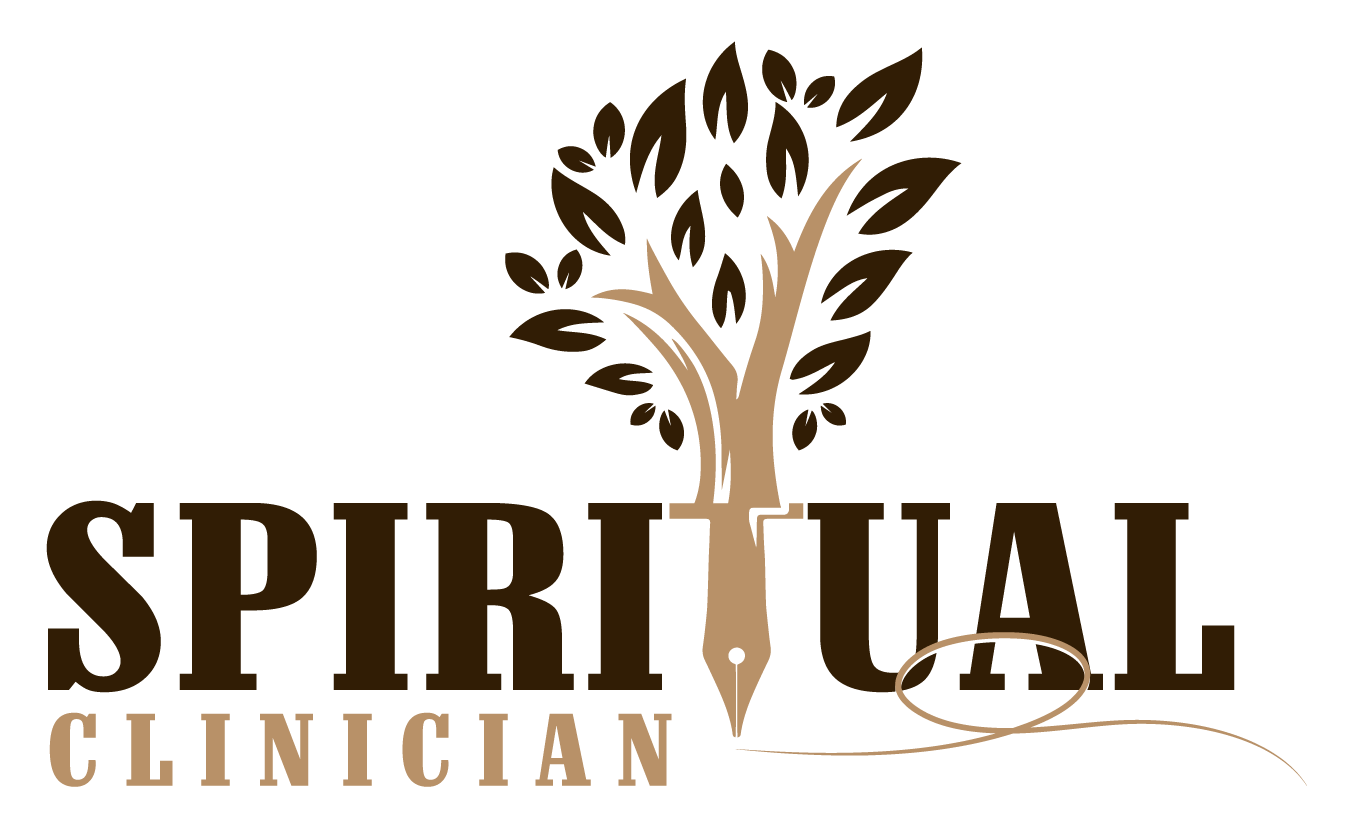Temperance in Politicians
Passion and Moderation: Leadership with Temperance
Don’t we citizens want national leaders who are passionate about their work of contributing to the common good? Then how can we also want them to be temperate, well-behaved, thoughtful, considerate people? But we do.
Both temperance and prudence were included by Plato in his highlighting the four cardinal virtues needed by leaders of an ethical city, (including also courage and justice). Both temperance and prudence have the general nuance of restraining impulsiveness, the natural inclinations of people to get carried away in the pursuit of getting their way, then called concupiscence (Latin, “eager desire” or “to long for”).
The two are different. While prudence allows a person to consider the best ways to fit ideas and behaviors into current local norms, deliberations, and immediate emotional contexts, temperance, is about moderating natural tendencies toward excess. Temperance is the virtue by which we restrain our behavior from personal excesses that distract or deter us from effectively actualizing leadership roles. Intemperance – greed, resentful raging, gluttony of food and alcohol, and the like, all drag down leadership effectiveness.
The emperor Caligula has long been colored with the popular reputation of intemperance. He is famous for his outrageous, boundaryless sexual drinking parties and brutal, impulsive and lackadaisical punishments. Recent discoveries and a closer look at historical records have somewhat ameliorated horrific aspects of that reputation, but he still stands as a hallmark of intemperance. Completely ignoring any regulatory ethical norms he could now be suggested as a sociopathic leader.
Named from the Latin temperantia, “to moderate”, this virtue refers to being able to avoid excessive eating, drinking, procuring, and angry behavior in what has been called “having a temper”. Temperance means discretion and self-control ruling over both our natural and our unique habitual impulses and excesses. Plato taught, “Temperance is the ordering or controlling of certain pleasures and desires xxii ….” A common saying of the Hellenists was from Plato, “The first and the best victory is to conquer self”.
It was clear to Plato and his colleague Greek philosophers that an “ethical state” needed leaders who could resist the weaknesses inherent in humanity, to effectively and consistently observe, listen, think, discern and act— effectively.
At least four separate excesses could well be explored regarding their power over any candidate before being elected. Here are a few opinion comments about each of them.
Obesity remains an epidemic in our world society, along with its partners heart disease, diabetes, and kidney/liver failure. Globally, more of us die now from eating too much than from starvation. There are multiple reasons why people are obese, and it is impossible to sort out which are operant in whom. No doubt, however, some are from uncontrolled appetites. It is highly condemned as gosh to even mention overweight now anywhere in society. Would it not be better to have most politicians either svelte or candid about the understandable reasons for their overweight conditions?
Greed, preoccupation with getting more money and other material value, can now be seen as so widespread that most anything that makes somebody some money is rationalized as ok. As the rich get richer and the poor get poorer, it will take a different kind of legislator to address such a sad lack of self-discipline in overfocus on financial bottom lines. Capitalism or any other system would benefit from leaders who experience the genuine struggle to be content with financial “enough”.
Hostility and resentment warp a person’s good judgment. Anger itself is a good thing in general. It is a bodily message that some important value in a person is being stepped on, disrespected, or otherwise seriously violated. Assertiveness consists of the ability to stand up for oneself and one’s values. It also includes the restraint of not using a sledgehammer to combat a gnat. Anger that is restrained into using pointed words and solid actions rather than violent reaction contributes to the uneven but currently necessary forcefulness of the progressive evolution of the universe. Words that are both forceful and kind change the world. Leaders who have learned the skill of using anger well show a sturdiness that is difficult to ignore in negotiating. Resentment, frozen anger, and hostility, open aggression with no obvious commensurate cause, are partially observable in voice tone, facial contortion, and body language. These are indicators that anger could be a problem with a given candidate. They color judgment and can cause lasting damage to relationships that need to be collaborative.
Drinking alcohol deserves a special place among the arenas of excess. Those are unexplainably victims of alcoholism, in the disease phase of the illness, tend to show an excess in all things. Some notable congresspersons have been known to be in recovery, and a few have not yet but need to be. About ten percent of most populations are included in that group. They generally take about twenty years of drinking to become debilitated enough to seek or at least agree to get the good help that is available to most people. It would be good practice to ascertain a candidate’s history of drinking before candidacy and wait at least six months to a year of sobriety before getting involved in governing a nation.
In Congress and the White House, like anywhere else, regulation is not very effective in curtailing excessive drinking. It takes developed virtue inside a person—temperance for those who can drink normally, and abstinence in recovery for those who cannot. The way to that place of living the lifestyle of recovery is not easy and seldom if ever found alone. Several presidents and numerous congresspersons have histories of a high level of drinking. Asking a few questions about the drug and alcohol use of candidates for Congress or president in the small group setting is clearly justified.
The following questions would be appropriate, especially if the assessment group included an addictions counselor. “Do you drink alcohol at this point in your life “About how much per week? or “Why did you quit?” (Watch their face during their verbal response.)
“Do you ever use any other mood-altering substances, prescribed, legal or not?—like marijuana, stimulants, depressants?” “Has anybody ever suggested that you might have a problem with drinking or medication?” “Do you at times have concerns about your alcohol use or other mood-altering chemical use?” “Do you like all of your drinking, or are there sometimes you feel concerned about your drinking behavior?” “Will you tell us about some of those times?”
Anger too has its place and proportions that work and contribute to the solidity of fortitude. Focused, justified anger contributes heavily to necessary pointed confrontation. Unbridled rage does not. Some questions and observations in a small group context that can be useful in sorting out a candidate’s temperance regarding anger and conflict would be:
“Have you ever had a temper tantrum, i.e., losing your judgment and composure in an angry reaction, since becoming a public figure?” “How would your friends and spouse answer that question about you?” “What kinds of things infuriate you?” “Do you know why?” “Can you give us an example of a time when you ‘lost it’?” “Have you ever hit anybody, or thrown things as an adult?” “What physical fights have you been in during your life?” “Will you describe one (some) of those, and tell us the story?”
To probe excessive consumption of food and drink some initial questions might include: “Will you talk about any efforts you have made to lose weight?” “Are you pleased with your own physical self-care right now?” “How do you think your overeating and sedentary lifestyle would affect your performance as a national leader?”
Regarding the temperance of money lust, the starting question could be, “How important is it for you to be rich?” “What do you see as your obligation to use your wealth in ways that contribute to the betterment of humanity?”
Answers to any of these questions would not necessarily rule out candidacy for national office. But they would increase the self-awareness of the candidate and heighten their vigilance for excess, or maybe increase their level of defensiveness about it, which would be revelatory. The data of the small group assessment meetings would not be shared publicly, but a substantive, general report would identify some of the possible problems in leadership. They may also alert the country to the potential for a given candidate “losing it”, becoming impaired, and unable to serve effectively due to intemperance, when in office.
Gordon J Hilsman is a retired clinical educator living with his wife in the Pacific Northwest and the author of the 2024 book Assessing the CHARACTER of Candidates for National Political Office: In Search of a Collaborative Spirit. He can be reached at [email protected] or www.spiritualclinician.com or www.GordonJhilsman.com.


